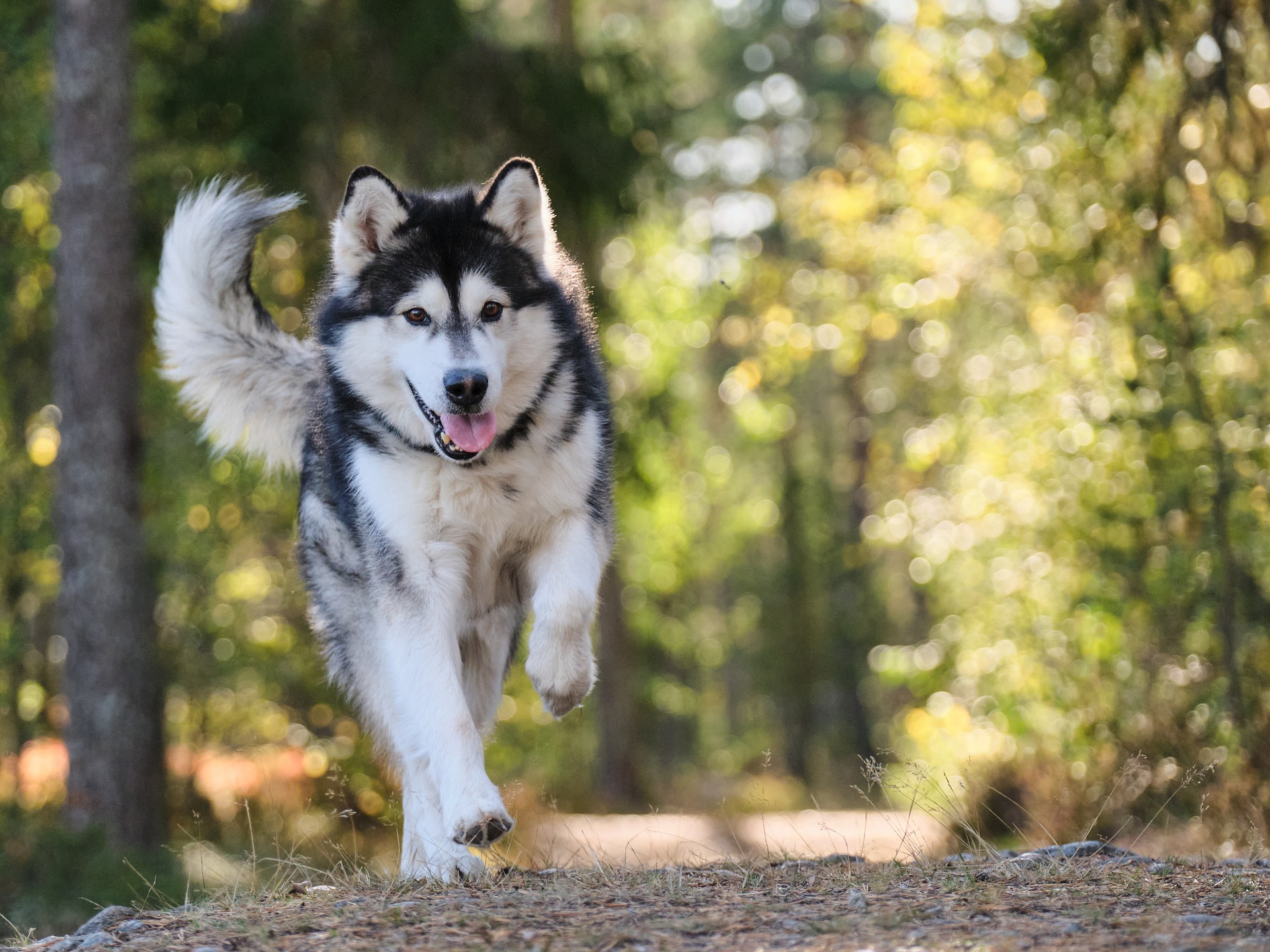Unveiling the Remarkable World of Canine Cognitive Abilities
Dogs, our faithful companions for millennia, have always fascinated us with their unwavering loyalty and impressive skills. Yet, it's their cognitive abilities that truly make them exceptional. This article delves into the intriguing realm of canine cognition, a field that has seen considerable advances over the years.

Canines possess remarkable cognitive abilities that often remain obscured in the shadow of their physical prowess. These creatures, known best for their roles as loyal companions and diligent workers, have become the focus of extensive research in recent years to understand their mental capabilities. This article will unravel the complexities of canine cognition and shed light on the latest findings in the field.
A Glimpse into the Past: The Genesis of Canine Cognitive Studies
The study of canine cognition has its roots in the late 19th century, with Ivan Pavlov and his famous conditioning experiments. However, it was not until the 20th century that the field truly blossomed. The work of American psychologist John Paul Scott in the 1950s was instrumental in shaping canine cognition studies. Scott’s research established the foundation for understanding the genetic and environmental factors influencing canine behavior.
The Present State: Unraveling Canine Intelligence
Contemporary research has significantly expanded our understanding of canine cognition. Recent studies have revealed that dogs can understand human gestures and emotions, possess a sense of time, and even demonstrate episodic memory. Today, a dog’s cognitive ability is not merely a subject of casual observation. It’s a dynamic field of scientific inquiry, where cutting-edge research methodologies like neuroimaging are employed.
Cognitive Abilities: More than Meets the Eye
Dogs are known to possess complex cognitive abilities, including problem-solving skills, memory, and social cognition. For instance, dogs can navigate complex mazes, remember the location of hidden toys, and respond appropriately to the emotions of their human companions. These findings suggest that dogs have a sophisticated cognitive apparatus, akin to that of a human toddler.
The Price Tag and Market Impact of Canine Cognitive Assessment
The growing interest in canine cognition has led to the development of several products and services aimed at assessing and enhancing dogs’ cognitive abilities. These range from interactive toys that test problem-solving skills to professional cognitive assessment services. While prices vary, investing in your dog’s cognitive health can cost anywhere from $25 for a simple interactive toy to $500 for a comprehensive cognitive assessment.
What Lies Ahead: The Future of Canine Cognitive Studies
The field of canine cognition is poised for further growth and development. Future research is expected to delve deeper into the neural underpinnings of canine cognition, aided by advancements in neuroimaging techniques. As we continue to understand more about our beloved companions’ cognitive abilities, our relationship with them can only grow stronger and more nuanced.
In conclusion, the remarkable world of canine cognition is a testament to the intellectual capabilities of our four-legged friends. As science continues to unravel the intricacies of their minds, we can look forward to forging even deeper connections with our canine companions.




